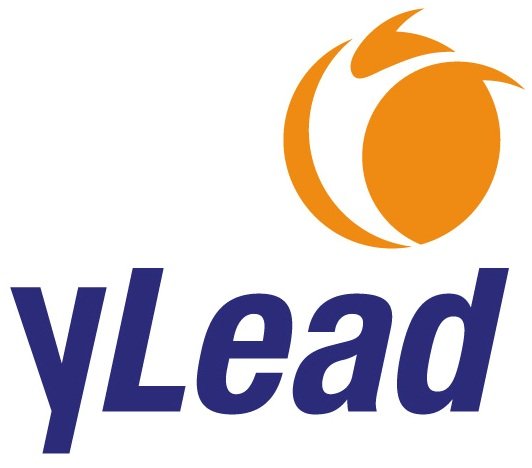
By Brett Kavanagh
The past two years have been an incredible time to be in education and to continue to be fostering leadership in ourselves, our staff and in young people.
As a musician by trade, I pride myself on being able to balance practise with improvisation, and as a leader, I noted that I became incredibly agile, anticipating not only what our staff needed but what our students and their parents needed as well. My days as a leader became about being comfortable to turn left then say ‘no, that’s not the right direction, this isn’t working, let’s go this way!’. In many ways this improvisation has set us up quite successfully for the months and years to come. Not only have we honed our ability to lead but we have the potential of creating the best future leaders the world is ever going to see.
Being a principal the past two years has been much like being a conductor of an orchestra, knowing when to shift your focus and, notice what those around you need from you. Overnight, I think we all became health experts having to be able to interpret and understand on such a deep level the impact of what was happening around us. In many circumstances, we were forced to anticipate the trajectory of the pandemic, when in many cases we were getting the information behind what the general public was.
As much as we know we need to invest in our staff and develop that human capital, I’ve invested equally, if not more, in our student body over the past two years. Creating positive change in schools is really about putting the students at the centre of the solution and empowering them to be part of it. And that’s exactly what we did. In my opinion, the result has been tenfold the return over what we have done traditionally in schools across the world.
”The most significant shift for us has been putting in place more well-being programs, also including it at the centre of our leadership programs. This gave our students an opportunity to grow personally in that space, particularly for older adolescents where we focused on team building and mateship development skills.

We are proud to say this has become an integral part of their journey as young entrepreneurs.
What we are now presented with on the other side is a leadership program that has shifted to support students for the better. Communication skills have strengthened, leading to stronger student-teacher learning relationships, in addition to significantly improved and sustained student employment outcomes through our college flagship industry placement program. What is most exciting, is the positive vibe we were able to maintain through it all. This experience has shifted the way we will plan and run these programs for the long term. Student well-being is now firmly at the centre of our student leadership journey. We are better for it, and it has taught us to review and reflect more frequently on how we deliver programs.
Our students are out in the workplace frequently, so we marketed our students to help with staff shortages and operational challenges related to lockdowns, etc. That connection between school to business enabled us to create a positive sense of agency for our students and to support the community in new ways. We have leveraged the challenges to not only help the community but to help students develop an entrepreneurial mindset.
The importance of engaging young people in leadership training is clearer now, more than ever before. The absence of in-person programming and just general modelling of leadership over the past two years has the potential to create a real deficit for some. In the words of Taylor, one of our Year 12 students:
Many of us today have the traits of a good leader – we’re compassionate, we’re approachable – but we don’t necessarily know how to use these traits. I’ve been so used to not having someone to look up to because of online learning that we don’t exactly know how to lead and to make a change. So, it’s important that we learn to use those traits.
What I am seeing is an exceptional group of students coming out of the past two years. The prefect body has a sense of calm about them, a sense of consideration for others. They are compassionate and care about others. They’re very inclusive and supportive of other year groups. They see leadership as service – always thinking about others and wanting to do things for others. It’s a wonderful quality to take the skills that you have within you, and then serve with purpose and meaning from within.
The past two years has offered a unique opportunity to access key parts of ourselves to be better humans and better leaders. By leading with our gifts, we serve ourselves by serving others in a deep and connected way.
Brett Kavanagh is the College Principal at the Australian Trade College North Brisbane, located in Brisbane, Australia.
Written in collaboration with Captains & Poets and The yLead Association.
‘How can we bring leadership into the classroom’, the collaborative podcast, is available to stream on Apple Podcasts and Spotify NOW!


